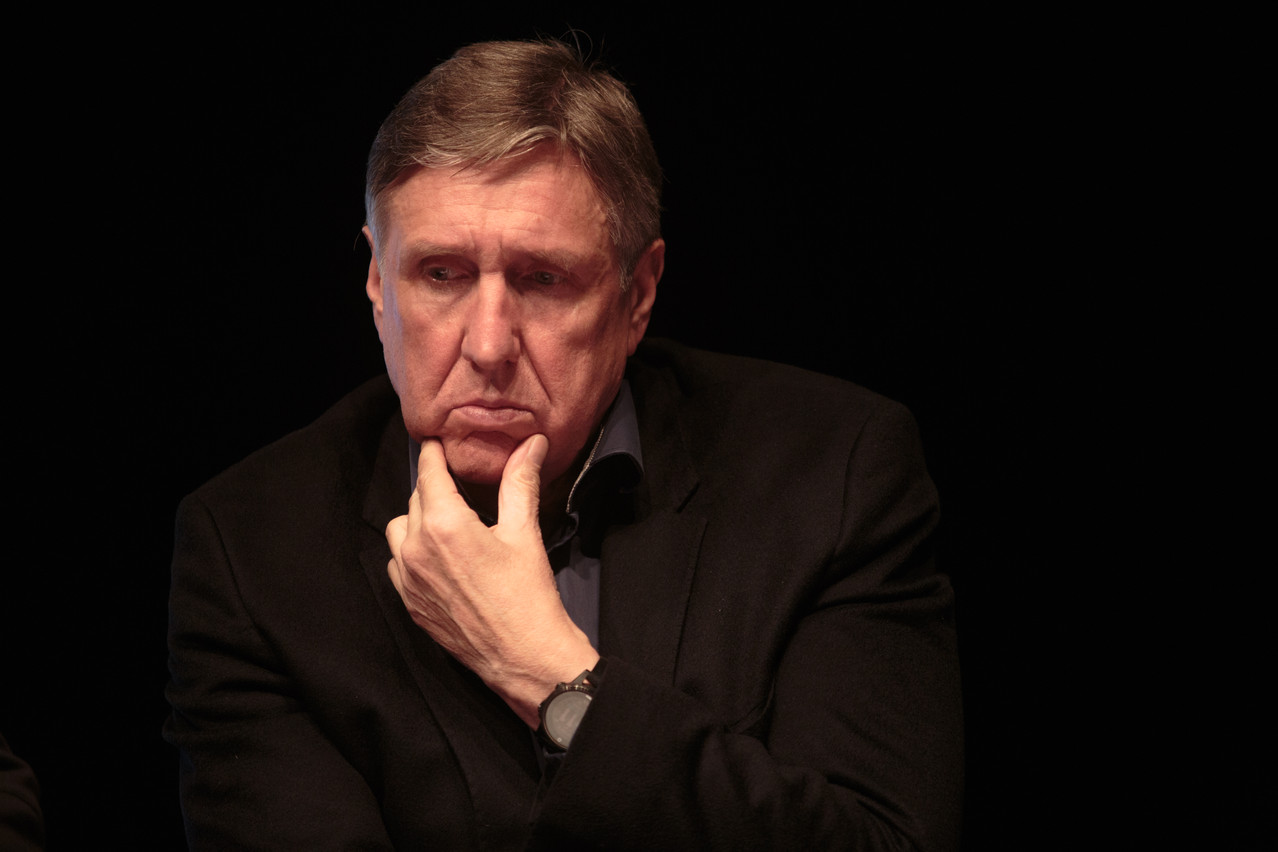Parliament in 2018 had approved €170m in funding for the Luxeosys Earth observation satellite but the sum was found to be vastly insufficient to buy the satellite, launch it and operate it for a period of ten years.
A budget supervisory committee since March has been busy trying to establish how the budget mismatch could have happened. The majority parties in parliament in October had opposed setting up an official inquiry and did so again on 19 November, voting against a resolution proposed by the opposition.
“We are weakening parliament, because we have a very small majority overruling a large minority,” David Wagner (déi Lénk) said about the 29-31 vote.
Earlier during the plenary session, the opposition had torn into defence minister François Bausch (déi Gréng) over the dossier. The initial budget--presented by Bausch’s predecessor Etienne Schneider (LSAP)--failed to account for significant operational costs.
Contradictions
But the supervisory committee during its fact-finding mission also stumbled across numerous contradictions. Schneider claimed satellite operator LuxGovSat had all but confirmed it would take on the project. But the company’s CEO Patrick Biewer said he had never entered into any commitments because LuxGovSat lacked resources and staff for the mission.
Army general Alain Duschène--since retired--in October said he had not been fully briefed on the satellite, even though the army is supposed to be in charge. An analysis whether antennae needed to operate the satellite could be installed at the army’s HQ near Diekirch happened only after parliament voted on the initial bill, he said.
It turned out the site wasn’t suitable and, as a result, the prospective location for the base stations was moved to Redu, Belgium. More secure IT infrastructure and back-up servers further added to the satellite’s cost.
“Our trust in the previous and current defence minister has suffered,” MP Diane Adehm (CSV) said, adding that administrations were blaming each other, and that progress still hadn’t been made in advancing several matters, such as the recruitment of staff. “We all agree that such a fiasco cannot happen again.” she said. MP Fernand Kartheiser (ADR) said the government had shown blatant “amateurism” in the project.
While the government parties--the DP, LSAP and déi Gréng--did not support setting up an official inquiry, they offered to entrust the Court of Auditors with an analysis of the budget, which found unanimous support. The final report will be debated in parliament.
Defining ethical criteria
Even the majority could not get around acknowledging the muddied finances. “All cards need to be on the table from the beginning,” said MP André Bauler (DP) about future projects.
MP Dan Biancalana (LSAP) said the development and financing had been “suboptimal”, but like Bauler emphasised that there was now a need to move and meet the commitments made by Luxembourg to Nato and its partners.
Nato, the UN and other allies will be supplied the images by the satellite, which will transfer 100 high resolution images of the Earth’s surface per day, for example, to monitor natural disasters or provide intelligence on conflict zones, by orbiting the planet 15 times.
MP Marc Baum (déi Lénk) questioned the use of the images, asking what would happen if Israel requested images of the Gaza strip, Italy of oil fields in Libya or Turkey of Kurdish territory in Iraq. “We cannot vote for this project in good conscience,” he said.
“It’s a pertinent question,” Bausch acknowledged, saying it would be up to Luxembourg to define what it considers ethical. “We can set the conditions,” he said, adding that he would be prepared to share this process with parliament.
The €310m budget for the satellite stands in no comparison to money injected into housing or other social issues, Baum said. “This is the real scandal,” he said, criticising Nato for spurring on armament because of a pledge by all members to spend 2% of GDP on the military. The grand duchy is looking to increase its contribution to 0.69% by 2023.
MP Sven Clement (Pirate Party), too, argued that in the current economic crisis, the €139m would be better spent on other things. He said the €170m already lost could be partially recuperated if Luxembourg sold the satellite. The losses could thus be less than the additional taxpayer money spent, he said.
The opposition voices in the end weren’t enough to derail the project, with 31 votes from the DP, LSAP and déi Gréng meaning the satellite will go ahead. It is slated for launch next year and Luxembourg has promised Nato it would be operational by 2023.
